Chronic fatigue syndrome
What is Chronic fatigue syndrome?
Chronic fatigue syndrome(CFS) also called myalgic encephalomyelitis (ME) is a complicated disease. Chronic Fatigue Syndrome (CFS) is not the normal ups and downs feeling in daily life. The early sign of this disease is strong and observable fatigue that arrives suddenly and frequently comes and goes or never quits.
It is not relieved by bed rest and may be aggravated by physical or mental activity. Patients with Chronic fatigue syndrome(CFS) most oftentimes function at a substantially lower level of activity than they were capable of before the beginning of the disease. CFS is most commonly seen in females two to four times more than in males. it may be because of biological, psychological, and social consequences.
Symptoms of Chronic fatigue syndrome
There are three major, or core, symptoms in a patient with ME/CFS:
- Profound fatigue
- Aggravating symptoms after physical or mental activity
- Sleep issues
Patients with ME/CFS have persistent and profound fatigue and are incapable to do activities they were capable to do before the disease. This severe fatigue is:
- New
- Stays at least 6 months
- Not due to uncommon or intense activity
- Not reduced by sleep or bed rest
- Extreme sufficiently to keep you from participating in specific activities
- ME/CFS symptoms can evolve worse after physical or mental activity. This is also called post-exertional malaise (PEM), also known as a crash, relapse, or collapse.
For instance, you may feel an impact after shopping at the grocery store and require to bring a nap before driving home. Or you may require somebody to come to pick you up.
There is no method to predict what will cause a crash or know how long it will bring to heal. It can carry days, weeks, or longer to heal.
Sleep problems may contain issues falling or remaining asleep. A full night’s rest does not reduce fatigue and further symptoms.
Patients with ME/CFS also frequently feel at least one of the two following symptoms:
Forgetfulness, concentration issues, issues following details (also known as brain fog)
Aggravating symptoms when standing or sitting erect. This is known as orthostatic intolerance. You may sense lightheaded, dizziness, or faintness when standing or sitting up. You also may have vision differences or notice spots.
Further familiar symptoms contain:
Joint pain without swelling or redness, muscle weakness all over, muscle aches, or headaches that vary from those you have had in the past
Irritated throat, chills, sore lymph nodes in the neck or under the arms, and night sweats
Digestive issues, like irritable bowel syndrome
Allergies
Sensitivity to food, noise, odors, or chemicals
Causes of Chronic fatigue syndrome
The actual reason for ME/CFS is unknown. It may have more than one reason. For instance, two or more likely reasons may work together to activate the disease.
Investigators are looking into these likely reasons:
Infection – Approximately 1 out of 10 patients who develop specific infections, like Epstein-Barr virus and Q fever, go on to produce ME/CFS. Further infections have also been investigated, but no one reason has been found.
Immune system changes – ME/CFS may be activated by modifications in the way a patient’s immune system reacts to stress or disease.
Mental or physical stress – Many patients with ME/CFS have been under severe mental or physical stress before evolving sick.
Energy production – The method by that cells within the body get energy varies in a patient with ME/CFS than in a patient without the disease. It’s unclear how this is connected to developing the disease.
Long COVID or Post-acute sequelae of SARS CoV-2 infection (PASC) – Some patients who have been infected with the COVID-19 virus persist to have symptoms weeks or months after. This is known as long COVID. Because symptoms like severe fatigue, dizziness, problems concentrating, and sleep issues are equal to ME/CFS, investigators are looking into a likely connection between the two diseases.
Genetics or environmental elements may also play a function in the development of ME/CFS:
Anyone can bring ME/CFS.
While most familiar in patients between 40 and 60 years old, the disease involves adolescents, kids, and grown-ups of all ages.
Among grown-ups, females are involved more frequently than males.
White patients are analyzed more than different races and ethnicities. But many patients with ME/CFS have not been analyzed, especially among minorities.
Risk factors
Factors that may raise your risk of chronic fatigue syndrome contain:
Age. Chronic fatigue syndrome can happen at any age, but it most generally involves young to middle-aged grown-ups.
Sex. Females are analyzed with chronic fatigue syndrome much more frequently than males, but it may be that females are simply more probable to inform their symptoms doctor.
Other medical problems. A patient who have a record of further complex medical issues, like fibromyalgia or postural orthostatic tachycardia syndrome, may be more probable to develop chronic fatigue syndrome.
Diagnosis
There’s no single examination to verify a diagnosis of chronic fatigue syndrome. Symptoms can simulate those of many different health issues, involving:
Sleep conditions. Fatigue can be generated by sleep conditions. A sleep analysis can specify if your rest is being upset by diseases like restless legs syndrome, obstructive sleep apnea, or insomnia.
Other medical issues. Fatigue is a familiar symptom in several medical diseases, like diabetes, anemia, and an underactive thyroid. Lab examinations can inspect your blood for proof of some of the top suspects.
Mental health problems. Fatigue is also a symptom of a type of mental health problem, like depression and anxiety. A counselor can assist to differentiate if one of these issues is generating your fatigue.
It’s also familiar for a patient who has chronic fatigue syndrome to also have further health issues at the same time, like sleep diseases, irritable bowel syndrome, or fibromyalgia.
There are so many overlapping symptoms between chronic fatigue syndrome and fibromyalgia that some investigators believe the two diseases to be various parts of the exact condition.
Diagnostic criteria
Approaches offered by the United States Institute of Medicine define the fatigue associated with chronic fatigue syndrome as existing:
So extreme that it interrupts the capability to engage in pre-illness activities.
Of new or definite start.
Not substantially relieved by rest.
Aggravated by physical, mental, or emotional exertion.
To meet the Institute of Medicine’s diagnostic criteria for chronic fatigue syndrome, a person would also require to feel at least one of these two symptoms:
Problems with focus, memory, and concentration.
Dizziness that aggravates with shifting from lying down or sitting to standing.
These symptoms must last for at least six months and happen at least half the time at moderate, significant, or extreme intensity.
Treatment of Chronic fatigue syndrome
There is presently no cure or treatment described for ME/CFS, but a doctor may perform with people to assist them to handle the symptoms. The therapy plan will differ among people, as ME/CFS – Chronic fatigue syndrome involves a person differently.
However, it may include:
- concentrating on whichever symptom poses the most significant challenge
- relieving pain
- discovering new methods to manage activities
Managing PEM
One method to handle fatigue after the activity is via pacing or activity management.
The patient will perform with a doctor to specify the best method to balance rest and activity. The doctor will also assist them to recognize their stimuli and demonstrate how much work they can handle.
Sleep
ME/CFS – Chronic fatigue syndrome generates fatigue, and it can even disrupt sleep. A doctor will promote the patient to specify healthful sleeping habits, like having a normal sleep program.
If these methods do not assist, the doctor may specify the drug.
Pain
At first, a doctor may suggest over-the-counter (OTC) medicines for headaches and further kinds of pain. If these do not work, they may specify a stronger drug.
A patient with ME/CFS may be sensitive to different chemicals. Thus, they should talk to a doctor before using any new drug.
Nondrug treatments that may assist contain:
- gentle stretching and toning activities
- gentle massage
- heat therapy
- water therapy
- Anxiety and depression
Anxiety and depression are familiar among patients with ME/CFS. Antidepressant medicines may help some patients, but they can occasionally make symptoms more harmful.
Lifestyle remedies that may assist contain:
- Relaxation methods
- massage
- Deep breathing exercise
- gentle exercises, like tai chi or yoga such as Shavasana
- Experimental medicines
Some laboratory analysis has indicated that rituximab (Rituxan), a cancer medicine that targets the immune system, could be useful for a patient with ME/CFS.
Yet, more analysis is required to confirm that the medicine is safe to use in the therapy of this disease.
Lifestyle tips
Different techniques can assist patients to manage ME/CFS.
These contain:
- seeing a doctor who understands the disease
- pursuing a consultant who can assist control the emotional and practical challenges
- making family and buddies mindful of the symptoms and challenges
- scheduling rest and activity duration to maximize the quality of life
- utilizing calendars and journals to assist with memory lapses
- education which relaxation methods are useful for them
- following a balanced and nutritious diet
- bringing nutritional supplements, if examinations indicate a deficiency
- finding somebody to assist with kid care and household tasks at hard times, if likely
Complications of CFS
Symptoms of chronic fatigue syndrome can arrive and go and frequently are activated by physical activity or emotional tension. This can create it hard for patients to keep a routine work program or to even bring care of themselves at home.
Many patients may be excessively weak to get out of bed at various points during their disease. Some may require to operate a wheelchair.
Prognosis
Chronic fatigue syndrome has no treatment, and the symptoms can stay for years. Its clinical method fluctuates between remissions and relapses. According to one prospective analysis, approximately 50% of persons with CFS may return to part-time or full-time results. Elements associated with poor prognosis contain a longer duration of comorbid depression, disease, extreme fatigue, and anxiety.
Favorable effects are associated with less severity of fatigue at baseline, a more useful sense of control over symptoms, and the absence of any attribution of the condition to a physical reason. Although a significant burden of morbidity is connected with CFS, there is no great proof of raised mortality.
FAQ
What chronic fatigue syndrome feels like?
Most patients with ME/CFS define their fatigue as overwhelming and various kinds of tiredness from what they’ve felt before. Exercising generally creates the symptoms more harmful. Occasionally the outcome is postponed and you’ll sense very exhausted a few hours after you’ve exercised or even the following day.
How do I understand if I’ve obtained chronic fatigue?
Chronic fatigue syndrome is indicated by profound fatigue. Symptoms frequently aggravate physical or mental activity. In addition to extreme fatigue, symptoms contain headache, light sensitivity, muscle and joint pain, mood swings, problems concentrating, and depression.
Does chronic fatigue go away?
There is no treatment or approved therapy for myalgic encephalomyelitis/chronic fatigue syndrome (ME/CFS). Yet, some symptoms can be treated or controlled. Managing these symptoms might deliver ease for some persons with ME/CFS but not further.
Is chronic fatigue just depression?
The main contrast between these diseases is that chronic fatigue syndrome is mainly a physical condition while depression is a mental health disease. There can be a few overlapping between the two. Symptoms of depression can contain anxiety, continuous feelings of sadness, or emptiness.
Should I sleep with chronic fatigue?
Sleep deprivation can be a big issue for a patient with CFS. It can create your symptoms more harmful and slow healing from CFS. CFS sufferers should attempt to have at least 8 to 9 hours of sleep routine. If a late night is scheduled, a nap during the day is a fine trial.

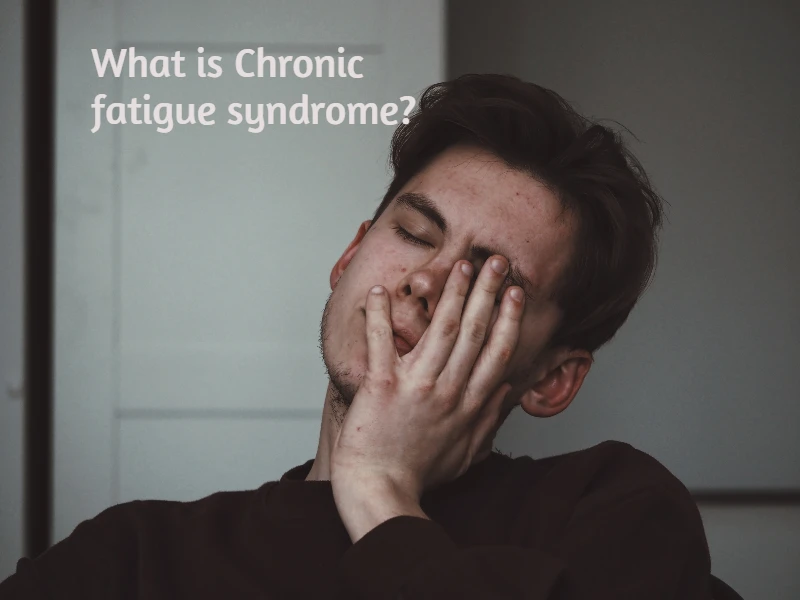
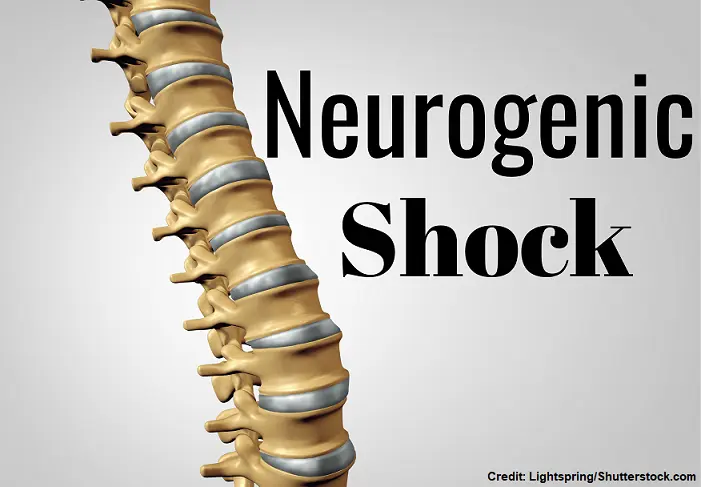
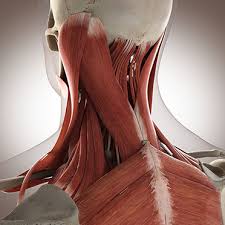
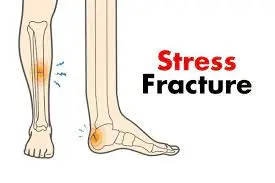


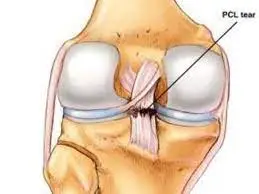
2 Comments